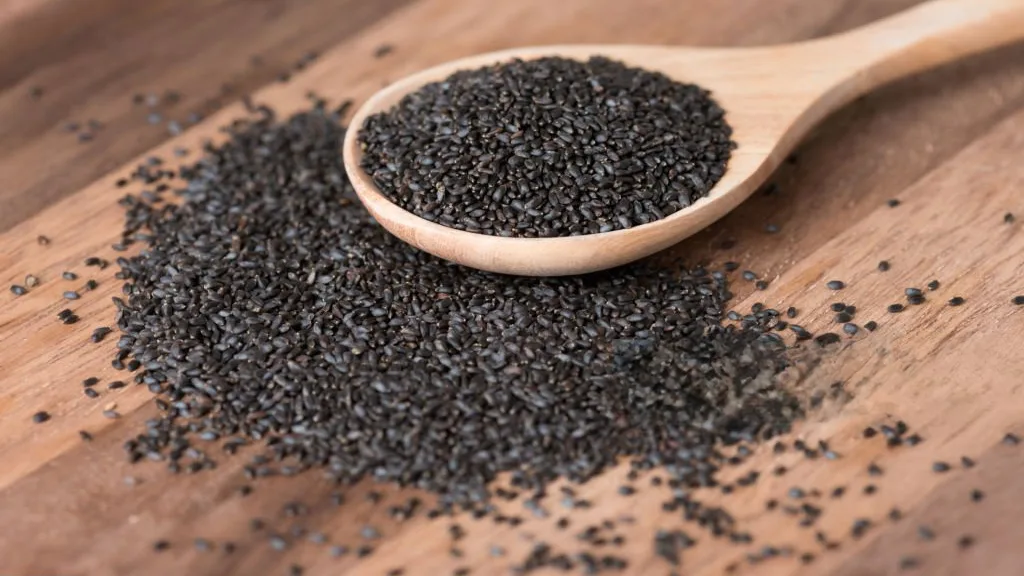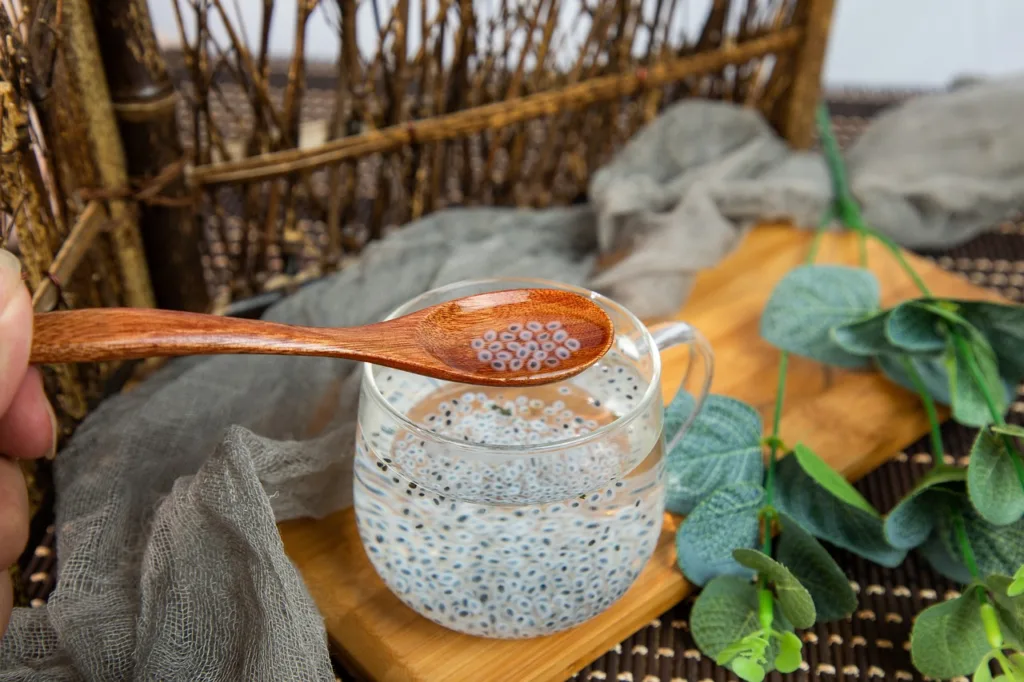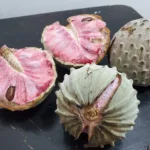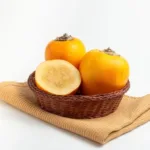Basil seeds, often overshadowed by their better-known counterpart, basil leaves, are a powerhouse of nutrients with a plethora of health benefits. Also known as sabja seeds or tukmaria, these tiny black seeds pack a punch when it comes to nutritional value and versatility. Let’s delve into the world of basil seeds and uncover their numerous benefits and uses.
What are Basil Seeds?
Basil seeds are the seeds of the basil plant (Ocimum basilicum), an aromatic herb native to India and other tropical regions of Asia. These seeds are black, oval-shaped, and similar in size to chia seeds, but they possess their own distinct set of health benefits.

Nutritional Profile of Basil Seeds
Before we explore their benefits, let’s take a quick look at the nutritional composition of basil seeds:
- Fiber: Basil seeds are rich in dietary fiber, promoting digestive health and aiding in weight management.
- Protein: They contain a moderate amount of protein, essential for muscle repair and growth.
- Essential Fatty Acids: Basil seeds are a good source of omega-3 fatty acids, beneficial for heart health.
- Vitamins and Minerals: They provide vitamins A and K, along with minerals like iron, calcium, and magnesium.
Health Benefits of Basil Seeds
- Digestive Health: Basil seeds are a natural remedy for digestive issues such as bloating, constipation, and indigestion. Their high fiber content promotes regular bowel movements and relieves gastrointestinal discomfort.
- Weight Management: Incorporating basil seeds into your diet can aid in weight loss efforts. The soluble fiber in these seeds expands in the stomach, promoting a feeling of fullness and reducing calorie intake.
- Heart Health: The omega-3 fatty acids found in basil seeds help lower cholesterol levels and reduce the risk of heart disease. They also possess anti-inflammatory properties that support cardiovascular health.
- Blood Sugar Regulation: Basil seeds have been shown to regulate blood sugar levels, making them beneficial for individuals with diabetes or those at risk of developing the condition.
- Hydration: When soaked in water, basil seeds form a gel-like substance that helps the body stay hydrated. This makes them an excellent alternative to sugary drinks, especially during hot weather.
- Antioxidant Properties: Basil seeds contain antioxidants such as flavonoids and polyphenols, which protect the body against oxidative stress and prevent cellular damage.
- Skin Health: The vitamins and minerals present in basil seeds contribute to healthy skin by promoting collagen production and combating free radical damage. Incorporating these seeds into your diet may result in clearer, more radiant skin.
- Bone Health: Basil seeds are a good source of calcium and magnesium, essential minerals for maintaining strong and healthy bones. Regular consumption can help prevent osteoporosis and improve bone density.
- Stress Relief: Consuming basil seeds may have a calming effect on the nervous system, helping to alleviate stress and anxiety. They contain compounds that promote relaxation and improve overall mental well-being.
- Nutrient Absorption: The soluble fiber in basil seeds enhances nutrient absorption in the body, ensuring that you get the most out of the foods you consume.

Culinary Uses of Basil Seeds
Aside from their health benefits, basil seeds are incredibly versatile in the kitchen. Here are some creative ways to incorporate them into your meals:
- Beverages: Add soaked basil seeds to fruit juices, smoothies, or iced teas for a refreshing and nutritious boost.
- Desserts: Use basil seeds as a topping for puddings, custards, and ice creams, or mix them into cake batters and cookie doughs for added texture.
- Salads: Sprinkle basil seeds over salads for a crunchy element, or mix them into salad dressings for a unique flavor profile.
- Yogurt and Oatmeal: Stir basil seeds into yogurt or oatmeal along with your favorite fruits and nuts for a wholesome breakfast or snack.
Conclusion
Basil seeds may be small in size, but their nutritional benefits are vast and impressive. From promoting digestive health to supporting heart health and beyond, these tiny seeds have earned their place as a valuable addition to any diet. Whether enjoyed as a healthful snack or incorporated into various culinary creations, basil seeds offer a simple yet effective way to boost your overall well-being.
Embrace the goodness of basil seeds today and reap the rewards of enhanced health and vitality.
Topics covered:
- What is basil seed?
- What nutritional profile of basil seed?
- What are benefits of basil seed?
- How to use basil seed?
- Top 10 health benefits of basil seed.







4 thoughts on “Unraveling the Potent Health Benefits of Basil Seeds: A Comprehensive Guide”